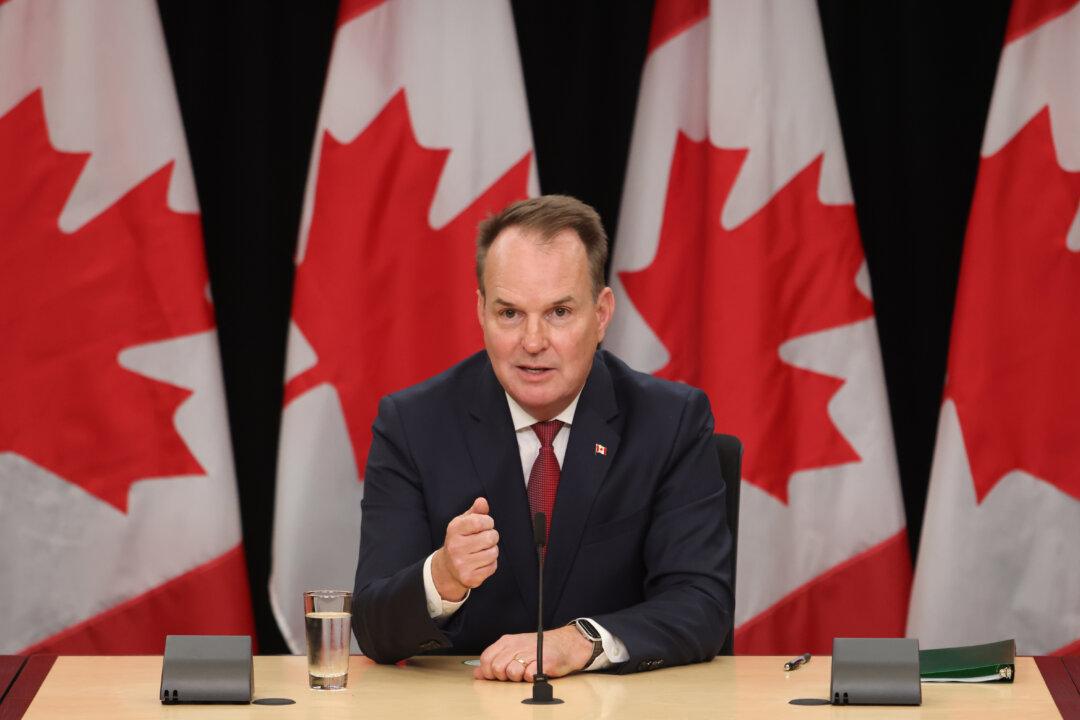The federal government is intervening in the railway labour dispute to force arbitration and have the trains moving again.
“As minister of labour, I’m using my authorities under the Canada Labour Code to secure industrial peace and deliver the short and long term solutions that are in the national interest,” Labour Minister Steven MacKinnon said on Aug. 22.





